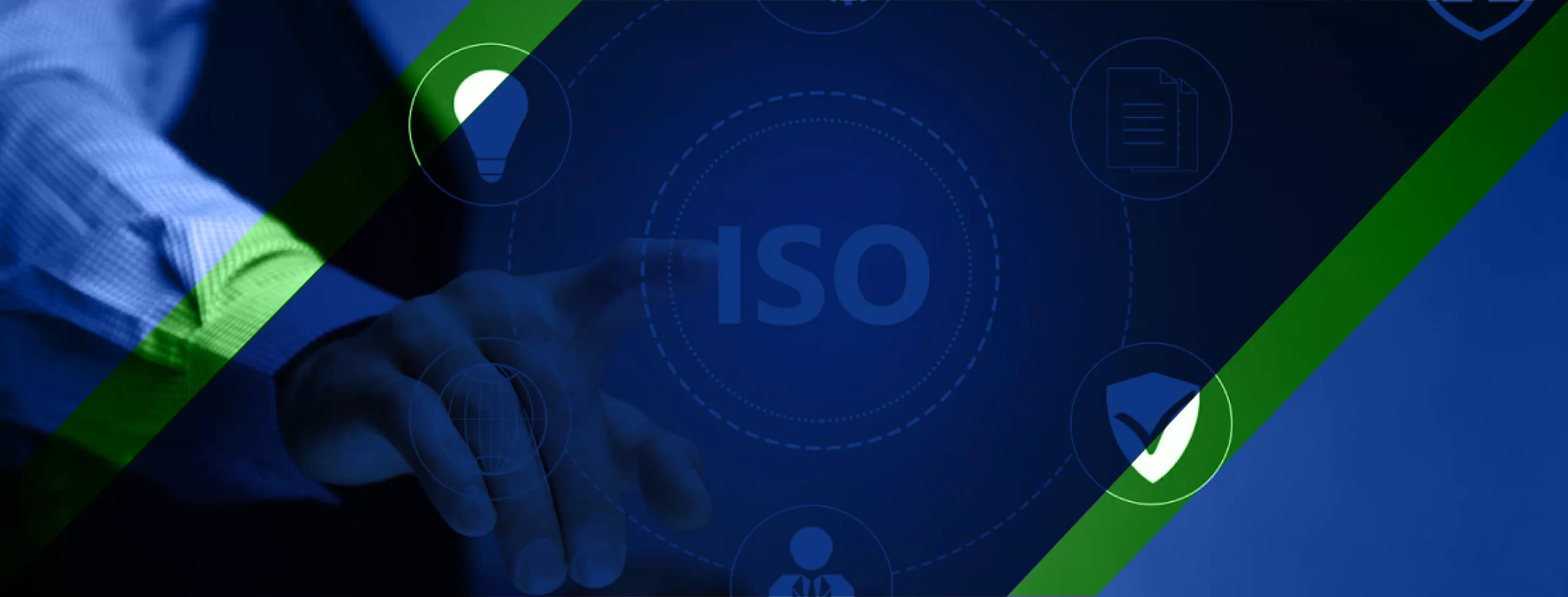- Management Consulting and Organizational Performance Development
- Strategic and operational planning
- Performance management
- Technical and Specialty Consulting, Quality Systems and Management
- (SASO) Saudi Certificates of Conformity
- Creativity and innovation methodologies
- Process development and re-engineering
- Institutional and digital transformation
Classification of some common standards in ISO quality systems

Introduction:
In the modern business world, quality, efficiency and compliance with international standards have become essential pillars that enhance the sustainability and competitiveness of organizations. Hence the importance of ISO standards, which are a comprehensive framework that contributes to improving operations and enhancing performance in various sectors.
In this article, we will review a set of the most important ISO standards that help organizations achieve their strategic goals and improve the quality of their products and services. We will discuss the standards of quality management, environment, health and safety, information security, energy and sustainability, in addition to specialized specifications that meet the needs of specific sectors such as technology, health, and food industries.
Join us on this journey to discover how these standards can make a real difference in the business world and contribute to building a sustainable and safer future.
Quality management standards:
ISO 9001:2015: A comprehensive quality management system that focuses on meeting customer requirements and improving operations.
ISO 13485:2016: Specific to the medical industry, ensuring the quality of medical devices.
ISO 9100:2018: A quality management system in the aerospace, space and defense industries.
Environmental Management Standards:
ISO 14001:2015: Environmental management system that aims to reduce the environmental impact of the organization.
ISO 14064:2018: Greenhouse gas management.
ISO 14006:2011: Environmental design management.
ISO 14031:2013: Environmental performance assessment.
Occupational health and safety standards:
ISO 45001:2018: Occupational health and safety management system.
ISO 45003:2021: Mental health management in the workplace.
ISO 39001:2012: Traffic safety management system.
Information security standards:
ISO 27001:2013: Information security management system.
ISO 27005:2018: Risk management for information security.
ISO/IEC 27032:2012: Information security: Mitigating the effects of security events.
ISO/IEC 27040: Digital Evidence Management.
Energy and Sustainability Standards:
ISO 50001:2018: Energy Management System.
ISO 50002:2014: Energy Efficiency Testing.
Risk Management Standards:
ISO 31000:2018: Risk Management: Provides a comprehensive framework for managing risks.
ISO 22301:2019: Business Continuity Management System.
ISO 22317:2015: Business Continuity Planning.
ISO 31010:2009: Risk Assessment Techniques.
Food Safety Standards:
ISO 22000:2018: Food Safety Management System: Ensures the safety of food products throughout the supply chain.
Innovation and Quality Standards:
ISO 56001:2019: Innovation Management: A framework for turning ideas into reality.
ISO 10002:2018: Customer Complaint Management System.
ISO 10015:2019: Human Resources Training and Development.
Medical Industry Standards:
ISO 15189:2012: Quality and Competence of Medical Laboratories.
ISO 26262:2018: Safety of Electrical and Electronic Functions in Motor Vehicles.
Relevant Standards for Organizations and Communities:
ISO 26000:2010: Social Responsibility.
ISO 37001:2016: Anti-Bribery Management System.
ISO 28000:2007: Supply Chain Security Management.
ISO 27799:2016: Protection of Health Information.
Additional Specialized Standards:
ISO/IEC 17025:2017: Competence of Testing and Calibration Laboratories.
ISO/IEC 17021:2015: Evaluation and Documentation of Management Systems.
ISO 21001:2018: Education management systems.
ISO 41001:2018: Facilities management.
ISO 55001:2014: Asset management.
ISO 10014:2006: Cost management and value creation.
ISO 19011:2018: Guidance for auditing management systems
